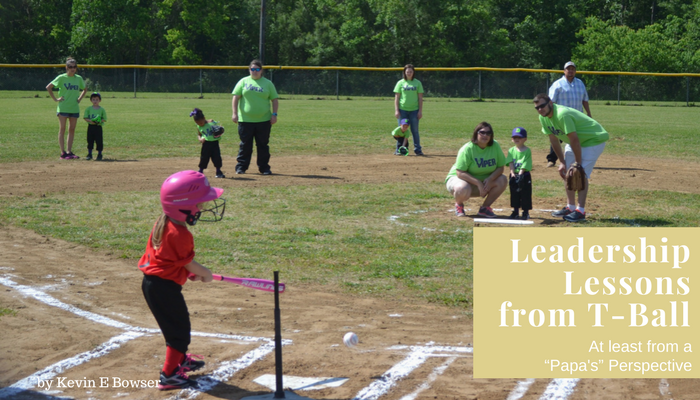My business travels have taken me far and wide. They have taken me around the world several times over. And I have had the incredible opportunity to observe and interact with many different cultures. One of the interesting aspects of the culture of India is the use of the word, “Uncle.”
Modern vernacular has given us the pejorative question, “Who’s your daddy?” According to Wikipedia, it is a slang expression that means: “takes the form of a rhetorical question. It is commonly used as a boastful claim of dominance over the intended listener. It is also sometimes used as a derogatory claim of sexual dominance of a man over a woman or another man.” All in all, it is not the most uplifting thing that you can say.
What does this have to do with Indian culture?
Indian culture uses the term “Uncle” in quite the opposite sense. Rather than be a derogatory term as we see here in the U.S., the term “Uncle” is used as a way of showing respect for those that are older or more mature than we are. I was shocked to be referred to in that way on my first trip to India several years ago. I had the great pleasure to meet a family involved in ministry and missionary work. They were locals and were indigenous to that region of India. There were a husband and wife. They had extended family as well. We all went to lunch together on a Sunday afternoon. One of the young adults that I enjoyed dining with was 20-something female, who upon meeting me for the first time referred to me thereafter as “Uncle.” Rest assured, I am not her biological uncle. However, once I understood that it was a term of true endearment and respect, I did get a very warm feeling from being called “Uncle.”
People of India recognize and address those who are older with a familial term as a way of showing respect. It also indicates that they are open to the influence that the “Uncle” may have on their life.
What is the Leadership Lesson?
Click here to read the rest of the article »











